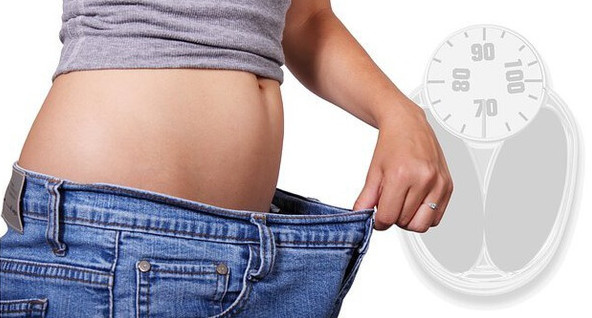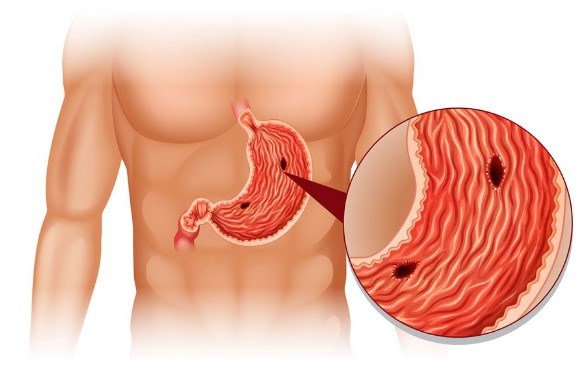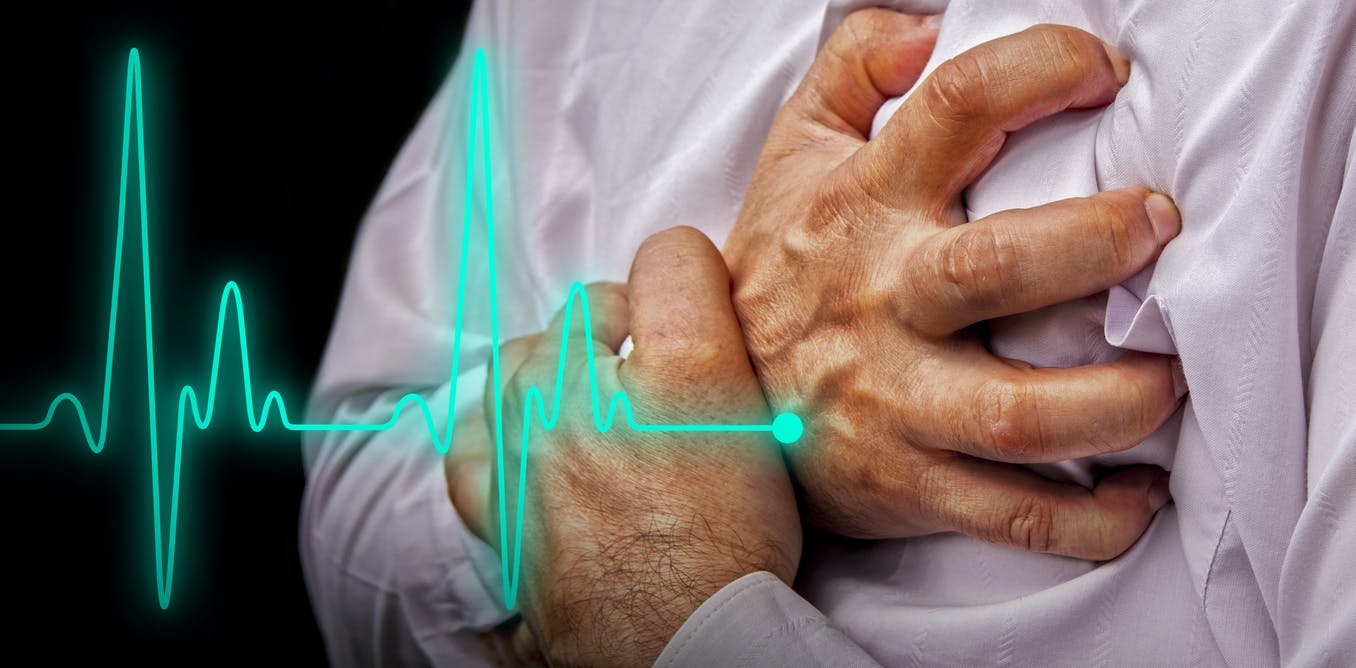Weight gain for women is a slow process that can take months, and a healthy weight gain is between 0.45 and 0.91 kg per week. To gain weight, follow these steps:

Energy reserves should be increased
An increase in calorie intake: The amount of calories needed by the human body varies from person to person, and it depends on a variety of factors, including age, gender, height, and weight, as well as physical activity and weight gain. It is recommended that a person consumes more calories than their body needs, which can range from 1,600 calories for women who follow a sedentary lifestyle to 2,400 calories for women who are more active.
Healthy eating patterns: calories in the diet come from foods containing carbohydrates, proteins, and fats, which we refer to in the main food categories below:
Consuming 0.8 to 2 grams of protein per kilogram of body weight helps increase muscle mass. Examples of protein-rich foods include eggs, meat, fish, and legumes.
Among the foods high in carbohydrates are whole wheat flour, bread, rice, pasta, potatoes, grains, beans, and starchy vegetables, such as corn and peas.
It is recommended to avoid trans fats and reduce saturated fats while eating small amounts of fat-rich foods.
Fruits have many health benefits, and you can add them to other foods to increase the calories, such as peanut butter, cheese, raisins, prunes, dates, and figs. As well as adding it to salads or cereals, fresh fruits that are rich in calories, such as mangoes and avocados, can be consumed.
Include vegetables in your diet because they have many health benefits.
In a healthy diet, milk and its products are essential foods, and nuts or flax seeds can be added to yogurt as a snack and a glass of milk can be consumed with meals to increase calories.
Exercises that involve resistance
Despite the fact that exercise helps many people lose weight. It can also help you gain weight in a healthy way, so people looking to gain weight are advised to focus on resistance training two to three times a week, which helps the body burn extra calories instead of flaking off. As a result, they become muscles. It is also recommended to observe moderation in aerobic exercise with the aim of burning fat and tightening muscles for weight gain and muscle building.
To increase your calorie intake, follow these tips:
There are foods that contain a lot of calories in small amounts, and in this way, you can get the calories you need daily without feeling full quickly. Examples of foods with high food density can be found here. The following are the details:
A 30 gram serving of nuts contains 150 to 200 calories, and they are a rich source of fiber and protein.
The seeds of sunflowers and pumpkins contain a high amount of calories, so they are a good snack and can be added to salads, oatmeal, soups, and other dishes.
A tablespoon of peanut butter contains about 100 calories, and almond butter contains about 120 calories.
Dried fruits are a good source of calories, as mentioned earlier.
Olive oil contains 120 calories per tablespoon.
You cannot build muscle, strengthen bones, and maintain tissue by eating nutrient-free foods like soda, candy, and potato chips.
Especially if one suffers from anorexia, it is recommended to eat five to six meals a day.
You should add high-calorie additives to regular foods when preparing them, such as grated cheese, peanut butter or almond butter, or healthy oils to salads, such as olive oil. To soup, mashed potatoes, or liquid milk, add olives, avocado, nuts, or sunflower seeds, along with one or two tablespoons of powdered milk. Use high-fat products: Low-fat and fat-free foods should be avoided in favor of high-fat ones.
Drinking high-calorie drinks: You should pay attention to the quality of the beverages and when they are consumed, and fruit juices and smoothies are better choices than soft drinks and coffee, and you can add fruit, vegetables, or dairy products to them as well.
Women’s weight loss disadvantages
Underweight can cause a variety of health problems, as we mentioned earlier. Weight loss may not cause any side effects or negative effects for some people, but others may experience the following symptoms:
Underweight women are more likely to develop osteoporosis, a disease in which bones become fragile and more likely to break.
The lack of nutrients throughout the day can cause physical symptoms such as thinning skin, hair loss, dry skin, or dental problems.
Lack of energy from food can lead to a lack of nutrients needed to fight infection. Additionally, it increases the duration of common diseases such as colds.
A constant feeling of fatigue may result from not eating enough calories, as calories are the unit of energy obtained from food.
People who are underweight are more prone to anemia. Symptoms include dizziness, headaches, and fatigue.
Teenage women who are underweight may experience irregular, delayed, or definite periods. Infertility may result from this condition.
The risk of preterm delivery increases if a pregnant woman is underweight.
Underweight children and those not receiving enough calories may experience delays or weak growth due to a lack of nutrients.
In conclusion
Thinness affects your health because it means that your body weight is less than a healthy weight, and the body mass index, also known as BMI, is one of the best ways to measure your weight. The value of this index can be calculated based on a person’s weight and height, and it is normal or healthy. When an adult’s BMI is between 18.5 and 24.9, they are considered healthy weight, but when their BMI is less than 18.5, they are considered underweight.










